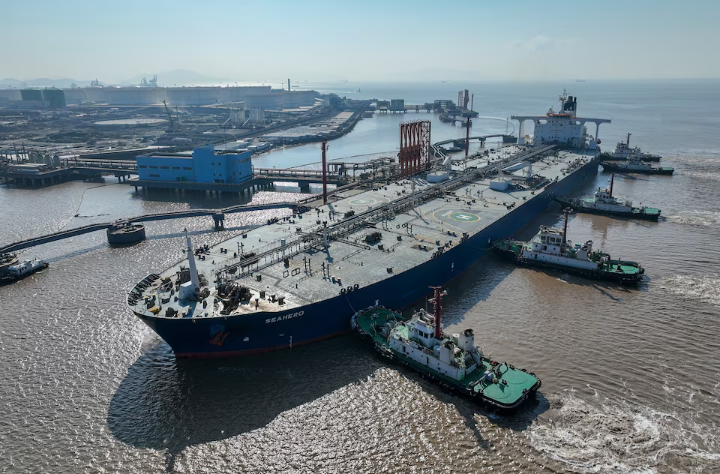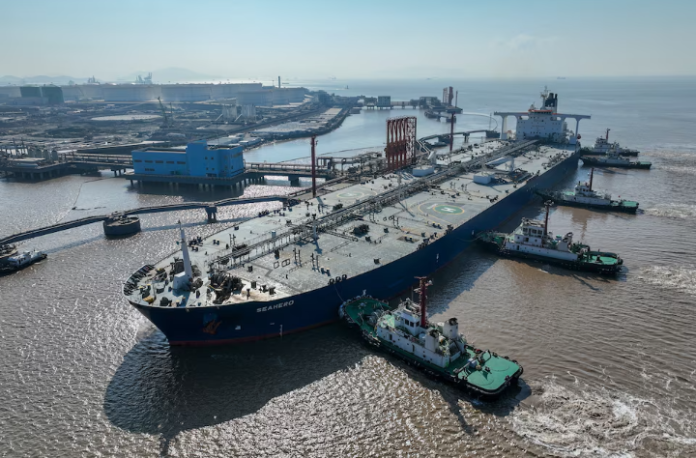The simmering conflict between China and Taiwan has erupted into a fierce war of words, with both sides clashing over their historical claims to the island. On June 25, 2025, Beijing doubled down on its stance that Taiwan is an inseparable part of China, dismissing the idea of “invasion” since it views the territory as its own. Meanwhile, Taiwan’s President Lai Ching-te insists the island’s future lies in the hands of its people, not Beijing, igniting a diplomatic firestorm with global implications.
China’s Foreign Minister Wang Yi, addressing European ambassadors in Beijing, argued that history and international agreements, like the 1943 Cairo Declaration and 1945 Potsdam Declaration, confirm Taiwan’s return to China after Japan’s colonial rule from 1895 to 1945.
“Taiwan is part of China, and its return was a victory of World War Two,” Wang stated. Beijing has ramped up military pressure, conducting daily air and naval operations around Taiwan and holding war games as recently as April 2025, raising fears of a potential conflict that could destabilize the region.
Taiwan, however, rejects China’s narrative. President Lai, labeled a “separatist” by Beijing, has delivered speeches asserting Taiwan’s sovereignty, emphasizing that the Republic of China (ROC), Taiwan’s official name, was founded in 1911 and predates the People’s Republic of China (PRC), established in 1949.
“The ROC is 113 years old, while the PRC is only 70,” Lai said, underscoring Taiwan’s distinct identity. He insists that only Taiwan’s 23 million people can decide their future through democratic processes, not external decrees.
The dispute has intensified around the 80th anniversary of World War Two’s end. China invited former ROC soldiers to a military parade in Beijing, a move Taiwan’s defense minister, Wellington Koo, called an attempt to “distort history.”
Koo stressed that the ROC, not the PRC, led the war against Japan, reinforcing Taiwan’s historical legitimacy. Taiwan has urged its veterans to skip the event, viewing it as Beijing’s ploy to rewrite the past.

This clash isn’t just about history—it’s about power. China’s growing military presence near Taiwan, coupled with its rejection of U.S. concerns about potential aggression, signals unwavering resolve.
Taiwan Affairs Office spokesperson Zhu Fenglian dismissed talk of “invasion,” stating, “Taiwan is part of China.” Meanwhile, Lai’s push for international recognition and democratic self-determination challenges Beijing’s narrative, risking further escalation.
As tensions mount, the world watches closely. The China-Taiwan rift could reshape global alliances and trade, given Taiwan’s role as a tech hub and China’s economic might. With both sides digging in, this historical dispute is a stark reminder of how the past fuels present-day conflicts, threatening peace in one of the world’s most volatile regions.
The stakes are high. A misstep could spark a regional war, drawing in powers like the U.S., Japan, and others. Taiwan’s defiance and China’s assertiveness highlight a broader struggle between democracy and authoritarianism. As the 2025 World War Two commemorations unfold, the China-Taiwan divide remains a flashpoint, with history as both a weapon and a battleground.



